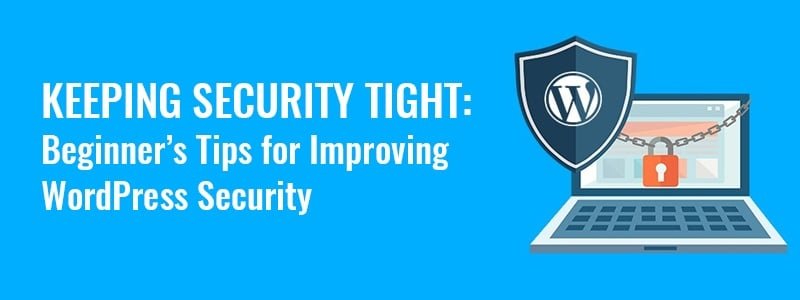Here are some fundamental strategies to fortify the security of your WordPress website:
1. Regular Software Updates:
- Consistently update your WordPress core, themes, and plugins. Updates often contain vital security patches that safeguard your site against vulnerabilities.
2. Strong Passwords:
- Employ complex, unique passwords for your admin accounts. Utilize a mixture of uppercase and lowercase letters, numbers, and symbols to create robust passwords.
3. Two-Factor Authentication (2FA):
- Implement 2FA for an extra layer of protection. This requires users to provide a second authentication method, such as a one-time code sent to their mobile device, in addition to their password.
4. Limit Login Attempts:
- Configure your site to restrict the number of login attempts. This discourages brute force attacks on your login page.
5. Secure Hosting Provider:
- Choose a reliable hosting provider that prioritizes security. Ensure they offer features like firewalls, malware scanning, and regular backups.
6. Web Application Firewall (WAF):
- A WAF helps block malicious traffic before it reaches your site. Many security plugins and hosting providers offer this feature.
7. Disable Directory Listing:
- Prevent directory listing on your site to conceal your file structure from potential attackers.
8. Regular Backups:
- Schedule automatic backups of your website. If a security breach occurs, backups allow you to restore your site to a safe state.
9. Disable XML-RPC:
- Disable XML-RPC if you don’t require it, as it can be exploited for malicious purposes.
10. Access Control:
– Limit the number of individuals with access to your site’s admin area. Only grant admin privileges to trusted users.
11. Security Plugins:
– Consider using reputable security plugins like Wordfence or Sucuri Security to enhance your site’s security.
12. Security Headers:
– Implement security headers to mitigate common security risks and protect your site from cross-site scripting (XSS) and other threats.
By adhering to these beginner’s tips, you can significantly bolster the security of your WordPress website and reduce the risk of security breaches and cyberattacks.


